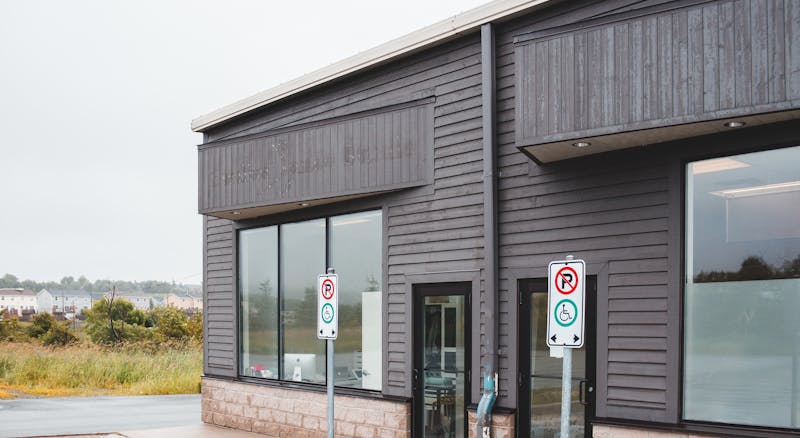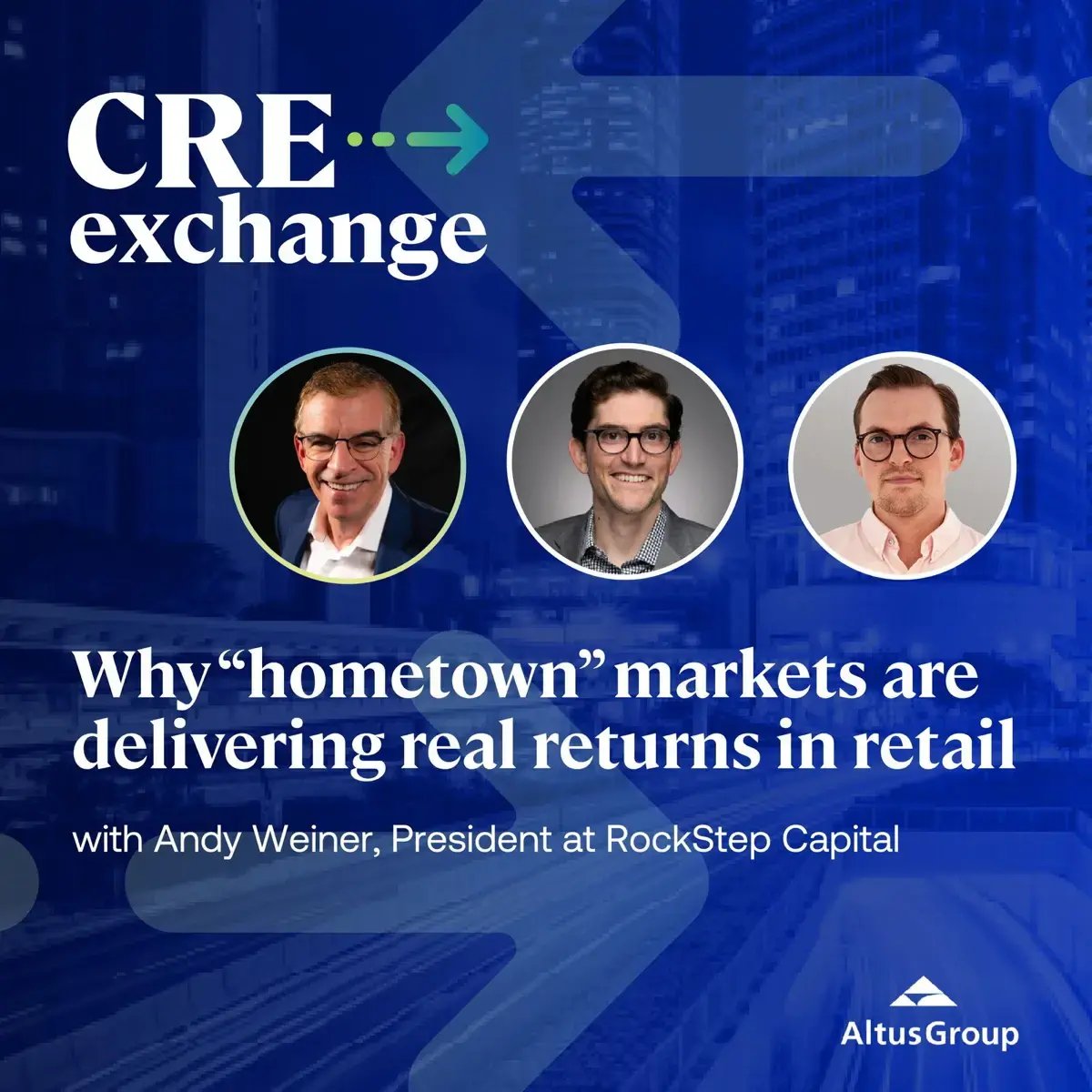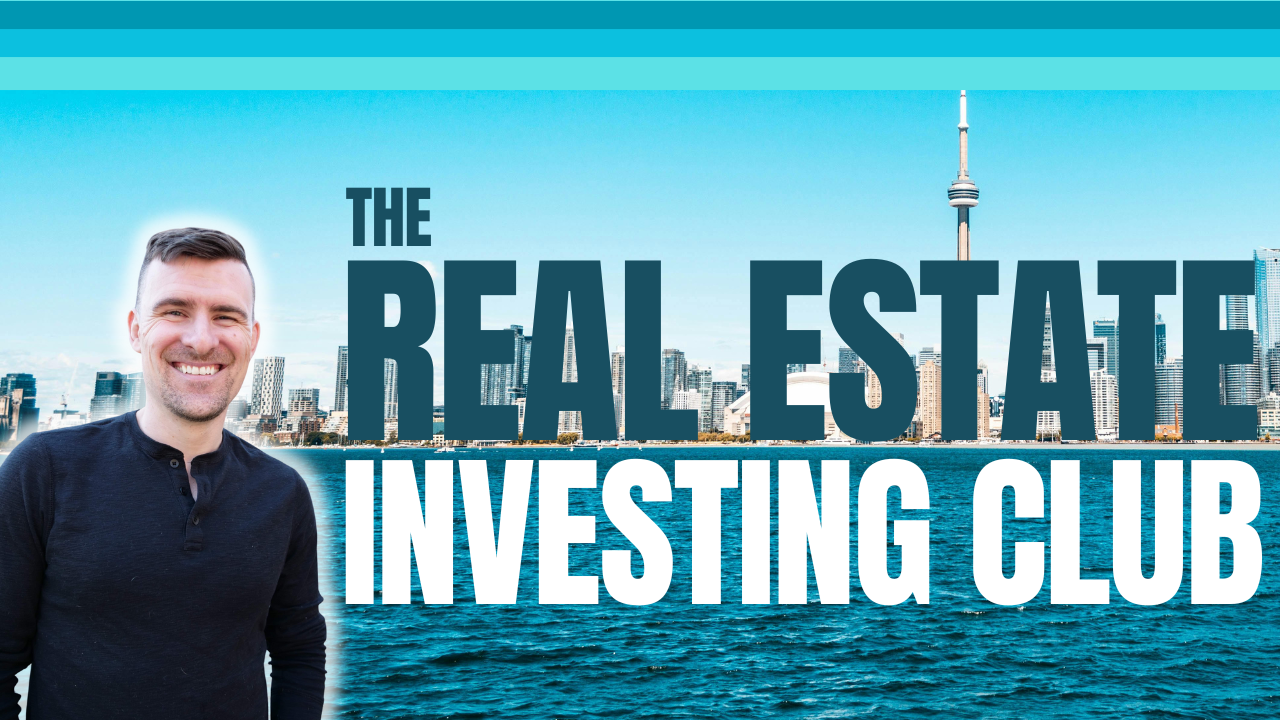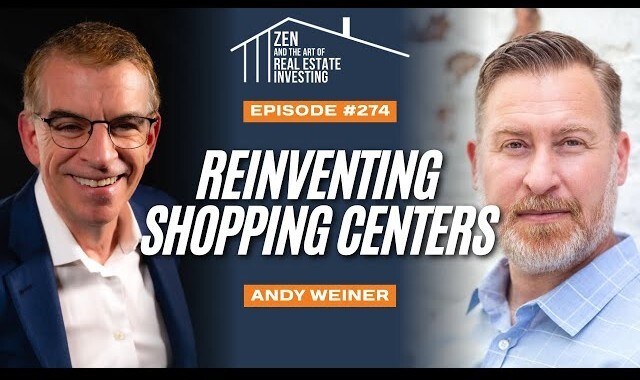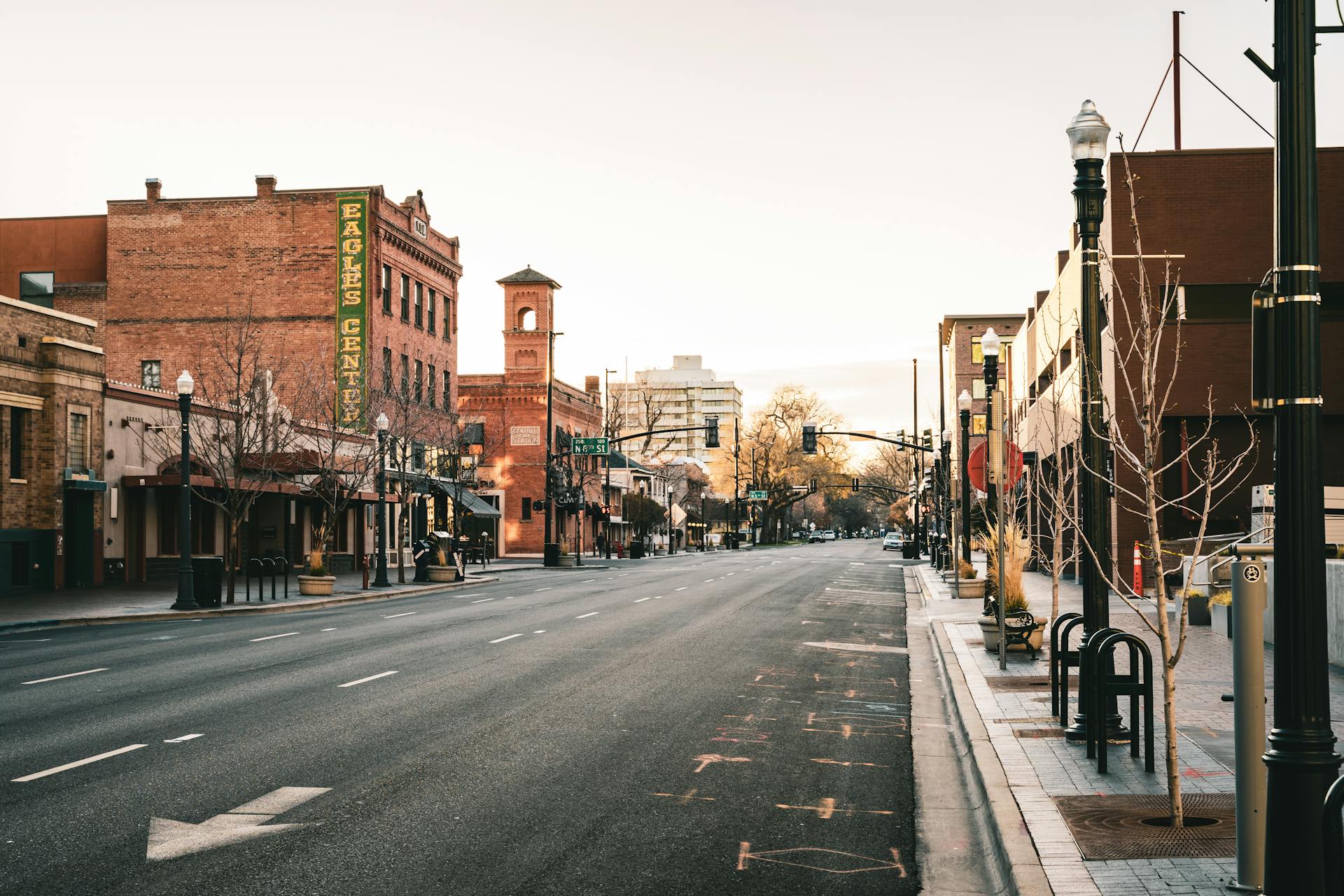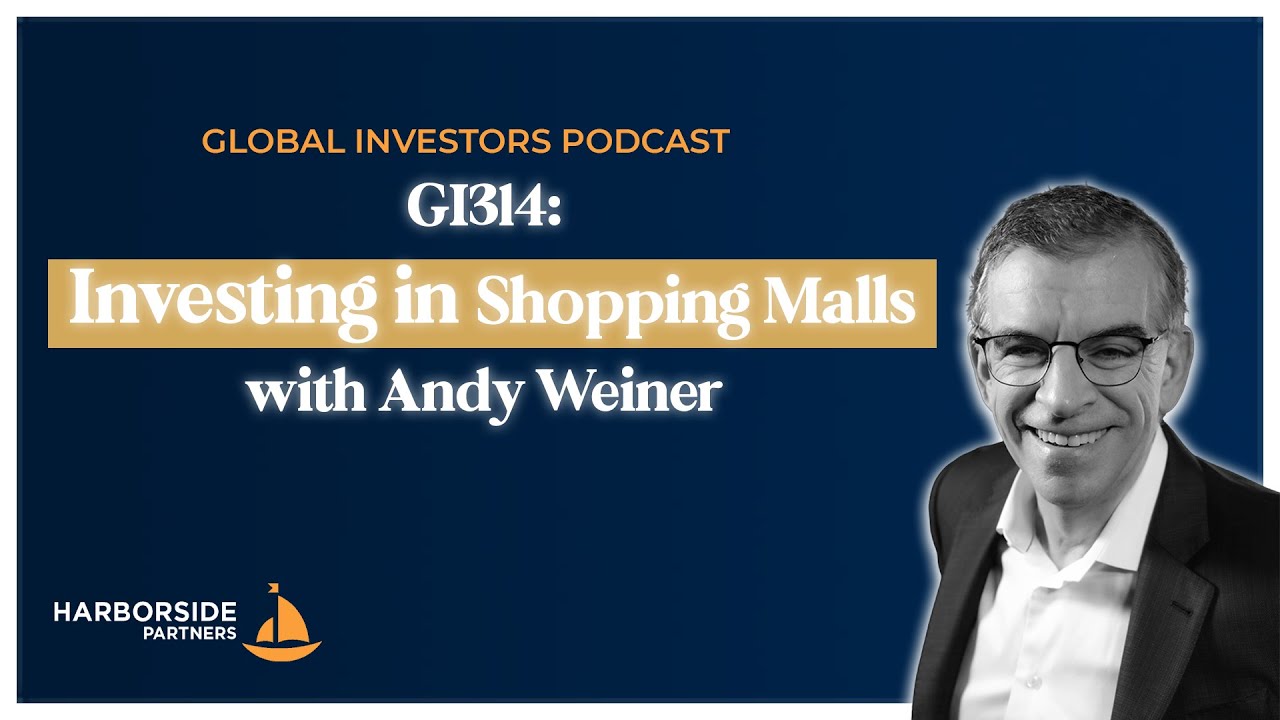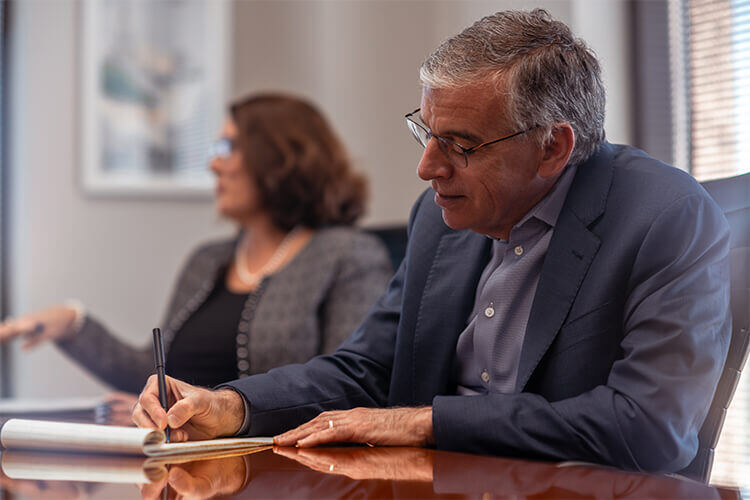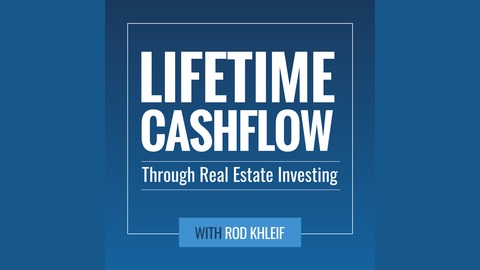The Jake & Gino Podcast: Rock Steps to Retail Wealth
June 26th, 2025
4 min read
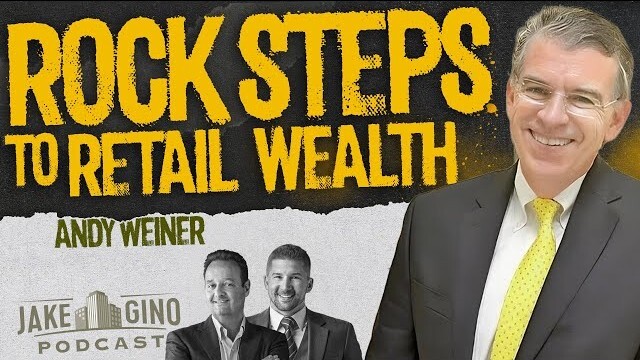
Note: This episode is also available on platforms like Spotify and Apple Podcasts.
On a recent episode of the Jake and Gino Podcast, Andy sat down with hosts Jake Stenziano and Gino Barbaro to talk retail real estate, investment discipline, and culture-driven leadership. The podcast, a favorite in the multifamily investing space, features in-depth conversations with operators who have built successful real estate businesses. Jake and Gino, both multifamily investors and educators, bring a straightforward, no-hype style to their interviews.
A Career Born In Retail
Weiner’s journey began in the family business. His insights were shaped early on by running a 159-store clothing chain that operated across Texas and the Gulf Coast.
“My grandfather started a chain of 159 clothing stores based in Houston. I ran all the operations. So I ran store operations, I ran real estate systems, logistics. I was a retailer by background, and so that’s how I got started in commercial real estate after 12 years in retailing. I started my company 28 years ago in Houston.”
The collapse of that family business during his early thirties taught him the weight of strategic leadership and accountability.
“We weren’t operating at the highest strategic level to compete with Walmart. And even if we were, we still might not have survived Walmart. But you cannot live without consequences. That’s what I learned at the age of 32.”
He carried those lessons forward when he launched RockStep Capital, determined to build something durable and deliberate.
The RockStep Model: Local First, Always
Weiner’s company invests in retail properties across the country, but always with the same blueprint. He focuses on grocery-anchored centers and enclosed malls in secondary and tertiary markets. The reason is simple. These deals come with community upside, accessible pricing, and lower political and operational risk.
“We go into secondary, tertiary markets. Our model is great asset in a market that’s a hometown that has essential drivers that drive population growth. We get local investors in on every one of our deals or we will not buy the deal. And we’re the only ones in the country to do this in the shopping center space.”
His insistence on local equity partners is more than a relational preference. It’s a strategy for mitigating risk and unlocking municipal support.
“Local business leaders reduce risk. Entitlements. We’ve never had a problem with rezoning. We get maximum incentives. Our local investors are deputized leasing agents for alternative uses. They’re on the board of the community college. They’re on the board of the hospital district. They’re more piped in than we are.”
The capital stack follows suit. His deals are almost always financed with community or regional banks.
“Community bank debt is nonrecourse. No prepayment penalties. It’s different from CMBS or life insurance company debt. If rates drop, it’s a phone call. We amend and move on. That flexibility is our secret sauce.”
Discipline In The Numbers
While some investment strategies rely on forecasting future rent growth, Weiner centers his underwriting around what he calls “base case” logic. If a deal doesn’t work without upside, it’s not a deal he’ll do.
“We do what we call base case underwriting. We make a base case that says nothing good is going to happen. We can’t get a reduction in property taxes. We can’t replace Penney’s at two dollars a foot with TJ Maxx at fifteen. We cannot get 300 units of multifamily permitted. Nothing good’s going to happen. And that base case needs to be fifteen to eighteen IRR minimum.”
His approach is anchored by a strong focus on yield. Unlike investors chasing appreciation or speculative exits, Weiner wants day-one cash flow.
“We’re buying something at eight and a half, borrowing at seven. So you have positive leverage and we are cashflow day one. We’ve never handed a property back to a lender. We’ve never had a capital call after the acquisition. Not one.”
Breathing New Life Into Malls
Where many investors see enclosed malls as distressed and dying, Weiner sees underpriced real estate and flexible infrastructure. His team specializes in repositioning these properties based on three strategies: keeping them as retail, arbitraging out parcels, or converting to mixed use.
“We are demoing six of our malls. One is led by Target. Others are being redeveloped with Costco, TJ Maxx, Ross, and Five Below. In Janesville, Wisconsin, the city is investing fifty million dollars in a hockey arena where the Sears was. And we’ll do multifamily and hospitality around it.”
The math, he says, often makes the decision simple.
“You buy something at a fifteen cap. You face everything out, get rid of the interior, and then it becomes an eight cap. The cost of conversion is accretive to value. If it is, you do it. If not, you don’t.”
Weiner refers to this community-centric approach as the RockStep Coalition.
“We need community support. I’m talking about city support. We need local business leaders to be part of our equity. We need a local lender. That’s how we turn around properties that others walk away from.”
Culture First: The RockSteps
RockStep is governed by a 25-rule code of conduct that every employee knows by heart. It’s not an HR formality. It’s the core of the company’s identity.
“We use RockStep as a verb. Got a problem? Need to rock step. Everybody at the company knows what it means. We want to be nimble. We want to be light on our feet. We want to listen to the music in the industry, which always is changing.”
These values are discussed weekly during company-wide calls and factor into every hiring decision.
“We wrote an owner’s manual for the company. I wrote every word. One of my favorites is do the right thing. Always. Another is be punctual. On time is five minutes early, and if you’re on time, it’s late. That came from my grandfather.”
A Clear View of Retail's Future
Weiner rejects the idea that brick-and-mortar retail is dead. He argues that retailers who survived the Amazon era are now stronger than ever. Those who failed didn’t adapt.
“Retail’s not dead. Amazon killed those that can’t make it. Those that survived figured it out. They have their own e-commerce platform. They’ve got a fleet of bricks and mortars. They’re growing hundreds of stores per year. There’s no new shopping center supply, so demand is high and rising.”
He believes that physical stores, when paired with a strong digital strategy, give companies the edge they need to grow profitably.
“The perfect combo is a great fleet of bricks and mortar, a robust app, and an e-commerce distribution system. That’s the trifecta. That’s perfect.”
The Takeaways: Principles Over Hype
Andy Weiner’s conversation with Jake and Gino was a deep look at how values, discipline, and local alignment can redefine an entire asset class. His model is built on durable fundamentals—positive leverage, yield from day one, and partnerships that anchor each project in the community it serves.
“We cashflow day one. We’re a yield play. We don’t rely on hope. We rely on fundamentals.”
For real estate investors seeking to diversify beyond multifamily or simply looking for a clear, experienced voice in an often noisy market, Weiner’s approach to retail is both practical and proven.
Topics:






